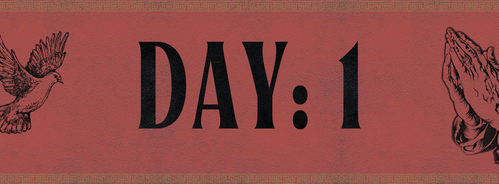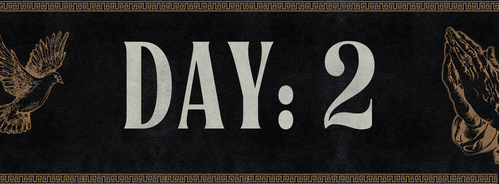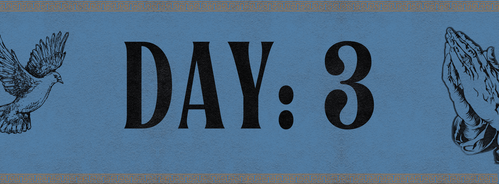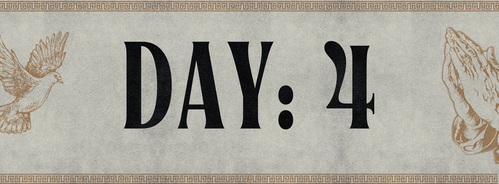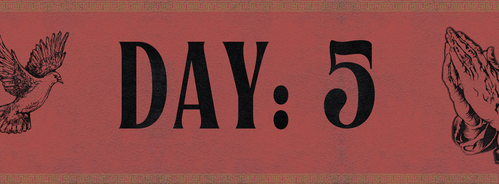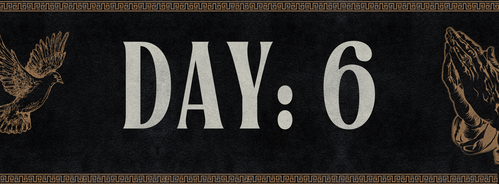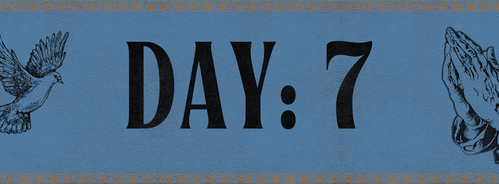
You can interact with the devotional by clicking a week- or if you would prefer, you can download the entire plan below!
Series 2: Sola Fide / Faith Alone (Weeks 6-10)
Series Overview:
In the “Sola Fide” series, we delve into the foundational principle of the Christian faith: justification by faith alone. This series explores how righteousness is attained not through our own efforts or adherence to the law, but through faith in Jesus Christ. Each week will illuminate the significance of this doctrine. We will also understand the overwhelming reign of grace over sin and the transformative power of being dead to sin
and alive to God. Through this series, you will gain a deeper appreciation of how “Faith Alone” shapes our relationship with God and our daily lives, and how this doctrine liberates us from the bondage of trying to earn our salvation.
and alive to God. Through this series, you will gain a deeper appreciation of how “Faith Alone” shapes our relationship with God and our daily lives, and how this doctrine liberates us from the bondage of trying to earn our salvation.
Quick Links To This Week's Readings



